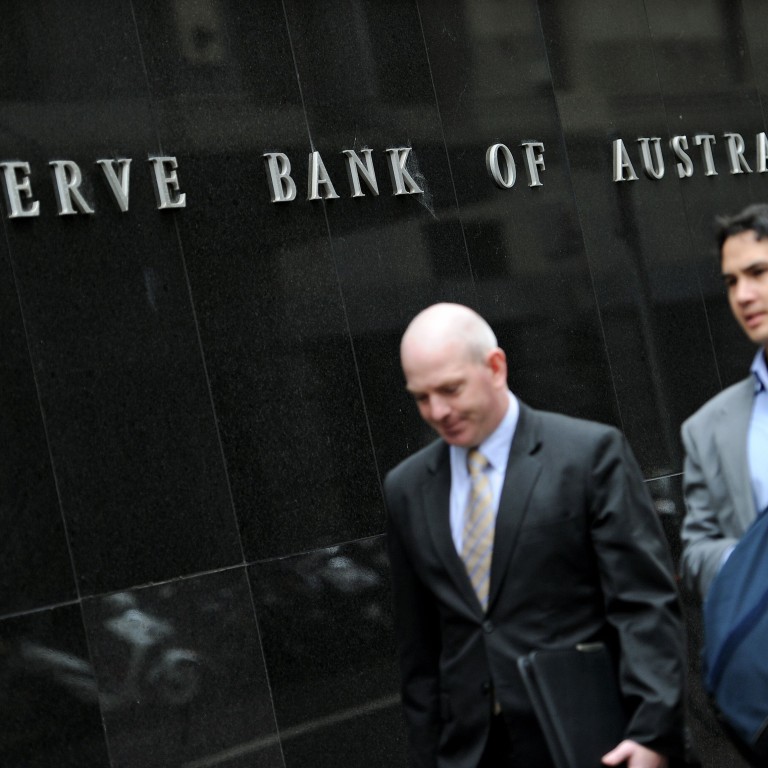
Australia plays catch-up in yuan business as deal with China nears
Opportunities for Australian companies to participate in the burgeoning yuan market are expected to increase as the country is close to signing a deal with China to facilitate trade and investment settled in the Chinese currency.
Opportunities for Australian companies to participate in the burgeoning yuan market are expected to increase as the country is close to signing a deal with China to facilitate trade and investment settled in the Chinese currency.
Reserve Bank of Australia deputy governor Philip Lowe said on Wednesday that the central bank was working with the People's Bank of China on a memorandum of understanding that would allow a clearing bank to be selected over the coming months.
Such a deal would create the world's 10th offshore yuan hub with its own yuan payment and clearing system, after Beijing announced earlier this month it would assign yuan clearing banks to Paris and Luxembourg.
Yuan clearing banks not only make cross-border yuan payments more timely and convenient, but increase the awareness of yuan usage among local companies and help yuan deposits to accumulate in a country.
China is Australia's single biggest export market with two-way trade flows of around A$150 billion (HK$1.1 trillion) last year. But at present less than 1 per cent of Australia's merchandise trade with China is invoiced in the yuan.
A survey by HSBC, which interviewed more than 1,300 international companies in April and May, revealed that 9 per cent of the Australian companies trade in the yuan, much lower than the 22 per cent global average.
It also found that 66 per cent of non-yuan users in Australia do not see a clear benefit from using it, while half don't believe their Chinese counterparts are willing to use the yuan, compared with 44 per cent and 42 per cent globally.
"Australian businesses risk falling behind global rivals in trade competitiveness by failing to recognise the potential business development opportunities linked to RMB," said James Hogan, head of commercial banking for HSBC in Australia.
The potential is huge, though, as China is already the top buyer of resources in Australia with a dominant share of 52 per cent, and the second in energy purchases following Japan.
Australia now has a swap line worth 200 billion yuan (HK$251 billion) with China, the fifth largest among all the 24 swap lines China has signed.
The Australian dollar was also allowed to be traded directly with the yuan last year.

